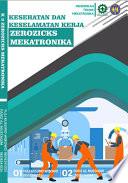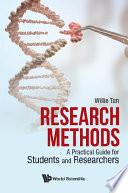
Research in Education
This text provides comprehensive coverage of research methods and statistics in a readable and student-friendly format. A wide variety of methodologies including descriptive, experimental and quasi-experimental research, historical studies, qualitative methods, and single subject designs are covered. A complete range of research tools as well as descriptive and inferential statistics are also included, making this text the definitive resource for introductory research courses. Research in Education is divided into three parts: Part I, “Introduction to Educational Research,” focuses on the purpose of research, hypotheses, ethics in research, developing a research problem, and writing proposals and reports; Part II, “Research Methods,” is unique in that it integrates chapters on qualitative research methods, historical research and single-subject methods with the more typical chapters on experimental methods; and Part III, “Data Analysis,” includes both descriptive and inferential statistics, as well as examples of analyses using a computer.
- ISBN 13 : 9780205458400
- ISBN 10 : 0205458408
- Judul : Research in Education
- Pengarang : John W. Best, James V. Kahn,
- Kategori : Education
- Penerbit : Allyn & Bacon
- Bahasa : en
- Tahun : 2006
- Halaman : 510
- Google Book : http://books.google.co.id/books?id=xgliQgAACAAJ&dq=intitle:RESEARCH+METHODS+II&hl=&source=gbs_api
-
Ketersediaan :
New to this Edition: Research Navigator(TM) journal article database and writing guide is available to all adopters. This new guide is integrated with the text for ease of use through margin annotations and end of chapter exercises.




